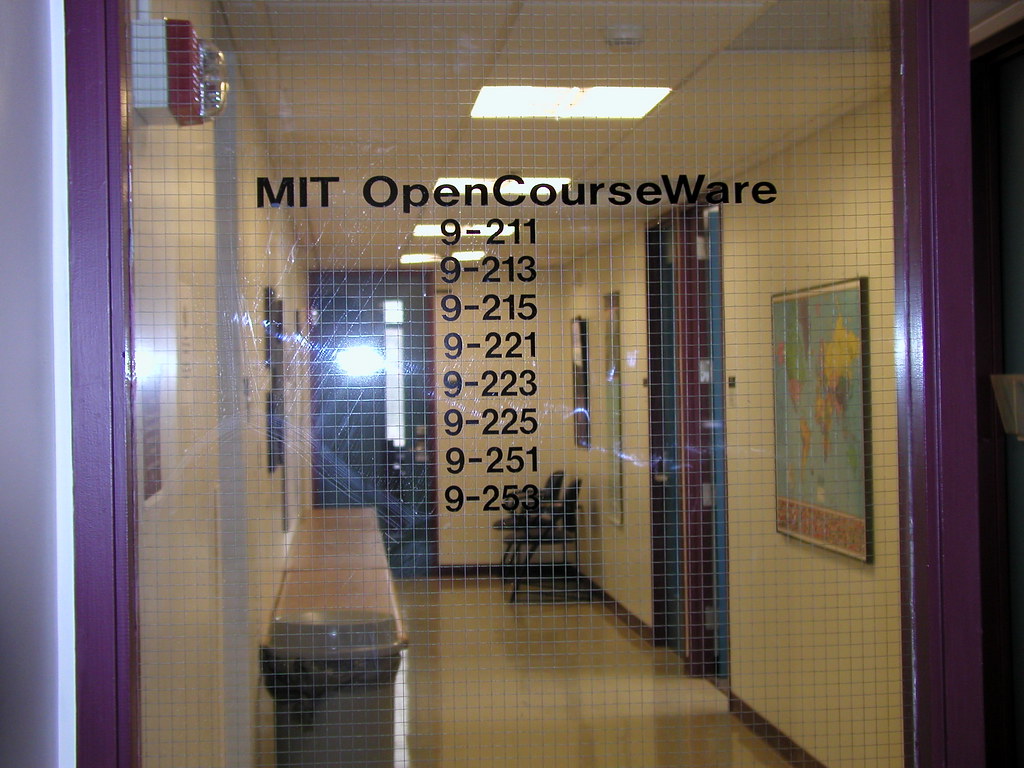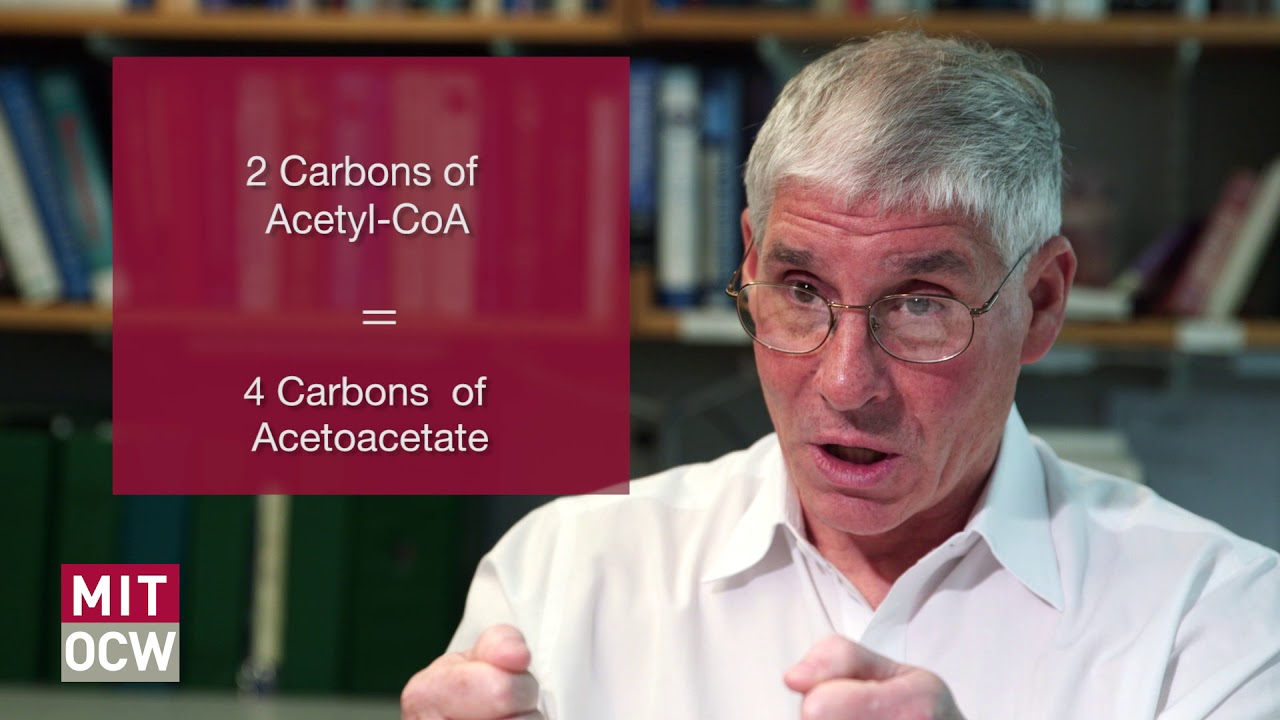Originally published at: Connecting Back to the Roots of OEGlobal at MIT – OEGlobal
On the banks of Charles River in Cambridge, Massachusetts you will find a stately university campus that is of some significance to the field of Open Education. Of course, we are talking about the Massachusetts Institute of Technology (MIT) and the above mentioned significance is much more than “some.” The 2001 launch of MIT OpenCourseWare (OCW) where course content of all MIT courses was shared openly under Creative Commons Licenses was a key catalyst in the worldwide spread of the Open Education movement. As of August 2022, over 7000 classroom lectures have been shared to the OCW YouTube Channel followed…
I’m excited to expand our OEGlobal connection to MIT and as well the upcoming OEG Voices episode with @cjnewton and colleagues. Questions or comments here can help shape that conversation (hint hint, please reply to this topic).
I was a rookie educational technologist at the Maricopa Community Colleges in 2001 when MIT President Charles Best announced the launch of OCW, and remember so much conversation about how bold a move it was. First it was such an early force in institutional embracing of Creative Commons licenses but also the powerful statement that “MIT course materials are not an MIT education” that really set a marker that it was not “giving away the store”.
I was fortunate to have been invited to give a CrossTalk seminar at MIT in 2005 (woah I found it in the archives and it actually mentioned “Jackalopes” in the title) and remember being awe of getting to be on campus. Hey I visited at least the OCW hallway

The Halls of OCW flickr photo by cogdogblog shared into the public domain using Creative Commons Public Domain Dedication (CC0)
I can also remember being in Boston for a conference in the mid 2000s and I set out by train to explore the campus, wandering into the MIT Media Lab where there was a project showcase going on… apparently I had snuck into an event for funders and I was politely escorted from the premises!
But that was long ago, and we are so fortunate to have this opportunity to network with our MIT colleagues and also look for ways to get involved with their current work. I cannot wait, Curt, to start ideas brewing.
And please add your own MIT / OCW stories of experience, and/or where their open education content and concepts are part of your work today.
Worth noting for those in or interested in the Fediverse… MIT has an community instance run by the MIT computer club https://mastodon.mit.edu/
This is an interesting collaborative opportunity. If there are opportunities to engage MIT’s OCW in initiatives or find out more how to join/support, I’d be happy to!
I must admit that OCW seems like a daunting institution, rooted in Literature Reviews that commend OCW’s impact on open and distance learning at a time when the internet was not seen in the same legitimacy as an educational space as today. My perspective on this is, of course, a textbook example of why individuals or groups do not contribute to communities, fearing there first must be some establishment of authority or expertise before concepts, research, or ideas can be introduced. As a Ph.D. Candidate, I feel the grips of imposter syndrome more often than not.
That being said, I hope others who have similar feelings as me can band together in this community to support whatever initiatives may help move research and accessibility forward. Hope to hear more soon!
Best,
Alex
I can understand looking at the reputation and the massive amount of “stuff” you see looking at OCW from the front door. The premise though is beautifully simple (at least from the initial launch in 2001) – all undergrad course materials will be shared.
Complex topics, full class lectures… but when you zero in, look for the gems of human presence (I found from the links to OCW Hidden Gems) like
And here is a little secret, Alex… even those confident people you see in the materials, I bet many of them deal with those inner questions of the value of their work.
So here is your opportunity. We have out podcast session set up with out MIT colleagues this week. Put out any questions or comments here you would like us to pose. How to get involved in research? How to fully address accessibility? The mic is open.
Alan - thank you for the response! I feel excited at the opportunity to pose a question or two. I will have to think on this and post something thoughtful. I appreciate this opportunity!
-Alex
Hi there, Alex! It is interesting that you bring in a perceived lack of legitimacy or authority to the discussion about the open education landscape. It is the type of ‘feel’ that often inhibits people to engage - both individuals and institutions. Good to hear that this is changing. MIT seems to be very open to understand the reality of teaching and learning with OER independently of institutional reputation or location. As @cogdog says, soon there will be a podcast in OEGVoices in which they will tell us more about their various projects. Stay tuned!
Andreia - thank you for this perspective! I have been trying to think of exactly what has given me hesitation to engage in OER and I am left without an exact answer. I’m hoping this podcast and other engagements with MIT and other OER giants will help lessen the perceived barriers for others (like myself) to engage with them. I’m excited to listen to the podcast and learn more!
-Alex
I may be too late, but if not, the first question is about how to engage and, maybe more importantly, who can engage with MIT’s OCW and other OER initiatives? Could college students? What about K-12 teachers? Ph.D. students? Researchers who have yet to have a paper published? To me, there is a perceived authority barrier, where someone like myself who is a Ph.D. Candidate is not an authority enough to engage with MIT.
The second question is what sort of research can the OER community get involved in? What opportunities are there? What connections can be made in the research community?
My last question is, what direction is open education practices headed? Where’s the research heading? Who is using it? What are the best practices?
Thanks!
Alex
